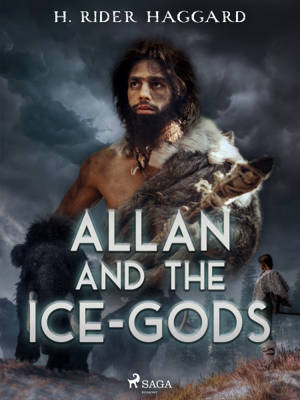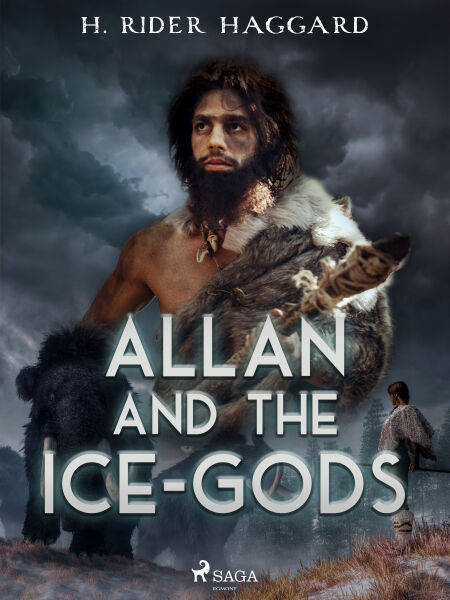
- Afhalen na 1 uur in een winkel met voorraad
- Gratis thuislevering in België vanaf € 30
- Ruim aanbod met 7 miljoen producten
- Afhalen na 1 uur in een winkel met voorraad
- Gratis thuislevering in België vanaf € 30
- Ruim aanbod met 7 miljoen producten
Zoeken
Omschrijving
The final novel in H. Rider Haggard’s much-anticipated trilogy, ‘Allan and the Ice Gods’, sees the return of Allan Quatermain and features Lady Luna Ragnall and the taduki drug yet again.
This time, however, Allan is refusing to see Lady Luna Ragnall. The awkwardness of the last three drug-induced visions, revealing their marriage, left him squirming. But she is about to let spill that their ancient counterparts were right. And they were indeed married.
As Allan is yet again transported to the barbaric Ice Age, can he restore order in the tribe? And more importantly, can he weave in new technology and intelligence without unbalancing history? ‘Allan and the Ice Gods’ is the ideal rip-roaring tale, perfect for adventure-fantasy fans of Jack Black’s ‘Gulliver’s Travels’.
H. Rider Haggard KBE (1856-1925) was an English writer of adventure fiction romances and a pioneer of the lost world genre. His rip-roaring tales include ‘King Solomon’s Mines’, ‘Allan Quatermain’, ‘Nada the Lilly’ and the epic Viking romance ‘Eric Brighteyes’.
Portraying the stereotypes of colonialism, his work also focused on agricultural and social reform. It’s no surprise that Haggard is remembered today as an influential figure in land reform throughout the British Empire.
This time, however, Allan is refusing to see Lady Luna Ragnall. The awkwardness of the last three drug-induced visions, revealing their marriage, left him squirming. But she is about to let spill that their ancient counterparts were right. And they were indeed married.
As Allan is yet again transported to the barbaric Ice Age, can he restore order in the tribe? And more importantly, can he weave in new technology and intelligence without unbalancing history? ‘Allan and the Ice Gods’ is the ideal rip-roaring tale, perfect for adventure-fantasy fans of Jack Black’s ‘Gulliver’s Travels’.
H. Rider Haggard KBE (1856-1925) was an English writer of adventure fiction romances and a pioneer of the lost world genre. His rip-roaring tales include ‘King Solomon’s Mines’, ‘Allan Quatermain’, ‘Nada the Lilly’ and the epic Viking romance ‘Eric Brighteyes’.
Portraying the stereotypes of colonialism, his work also focused on agricultural and social reform. It’s no surprise that Haggard is remembered today as an influential figure in land reform throughout the British Empire.
Specificaties
Betrokkenen
- Auteur(s):
- Uitgeverij:
Inhoud
- Aantal bladzijden:
- 224
- Taal:
- Engels
Eigenschappen
- Productcode (EAN):
- 9788728350522
- Verschijningsdatum:
- 1/01/2023
- Uitvoering:
- E-book
- Beveiligd met:
- Digital watermarking
- Formaat:
- ePub

Alleen bij Standaard Boekhandel
+ 1 punten op je klantenkaart van Standaard Boekhandel
Beoordelingen
We publiceren alleen reviews die voldoen aan de voorwaarden voor reviews. Bekijk onze voorwaarden voor reviews.








